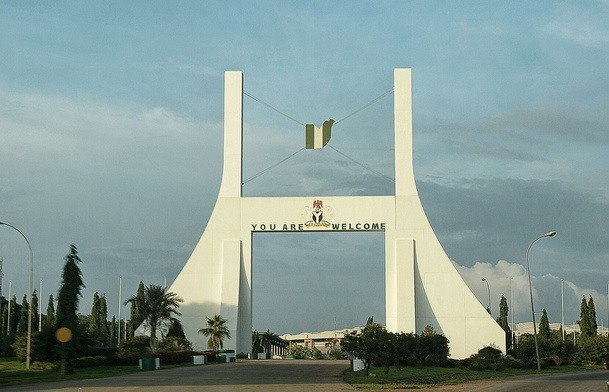Take Abuja back from Keke riders
As it is now, roads in the Federal Capital City, Abuja, seem to have been surrendered to tricycles, popularly known as Keke. Apart from defacing the image of the capital city, which is arguably one of best in the world, these army of traffic violators have become a recurring nightmare to other road users. It […]

As it is now, roads in the Federal Capital City, Abuja, seem to have been surrendered to tricycles, popularly known as Keke. Apart from defacing the image of the capital city, which is arguably one of best in the world, these army of traffic violators have become a recurring nightmare to other road users.
It is no longer news to hear stories of Kekes being used to rob unsuspecting passengers, especially ladies, of their bags and phones, often after being threatened with weapons.
It is no longer news to see Keke riders driving against traffic or beating traffic lights, infractions that no road user could contemplate doing in Abuja a few years ago.
How did the capital city get here? Some will argue that a viable means of transportation is one of the features of modern cities. They may not be far from the truth. However, where many will disagree with such a view is that no city allows individuals to choke its roads and violate traffic at will.
As it appears, nobody really can tell the number of Keke currently plying Abuja roads. Every day, at Kado area and other places, crates of newly imported tricycles are offloaded, assembled and thrown on the roads.
The FCT authorities should prove to the city’s residents that it is not only Nasiru El-Rufa’i that has the monopoly of wisdom of running a world class capital city like Abuja. They should do everything possible to take it back from Keke riders.
Isma’il Wada Kanoma writes from Third Avenue, Gwarimpa
